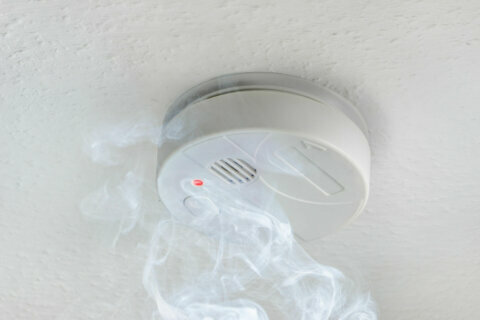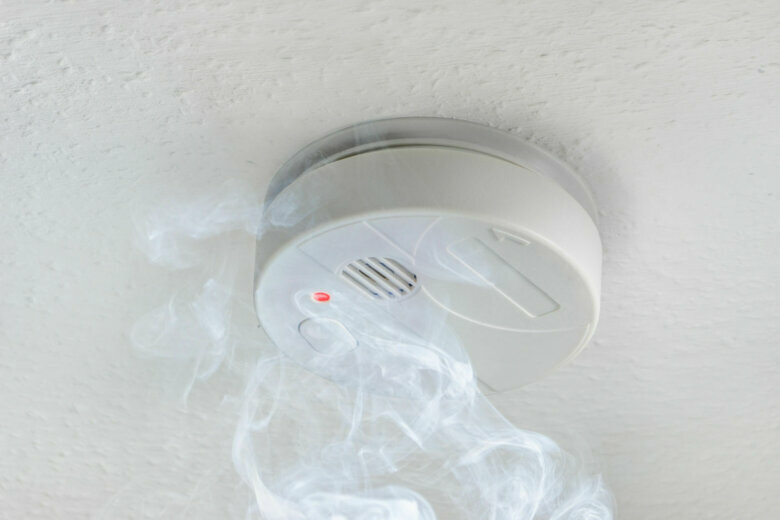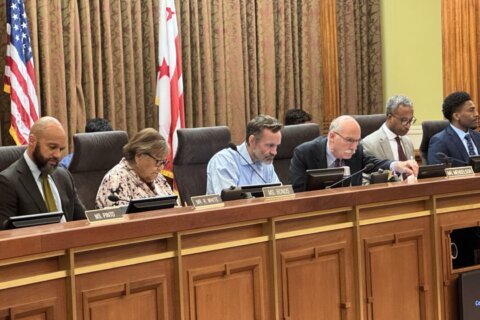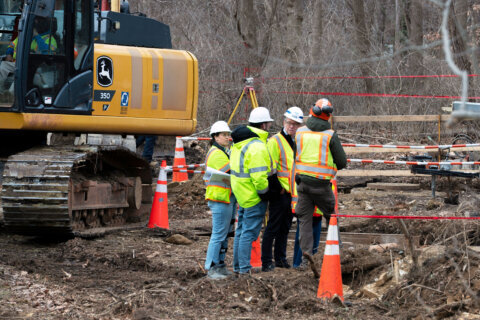
From three long beeps, to annoying chirps in the middle of the night, fire departments across the country want you to be aware of all the sounds around the house that can keep you safe during a fire.
This week is Fire Prevention Week and the theme this year is to “learn the sounds of fire safety.”
The most important noise to listen out for is three long beeps. That is your smoke alarm going off and local fire departments say “when you hear the beep, get on your feet” and get out of the house. They also suggest having a meeting place outside to meet with your family.
If you hear four long beeps that likely means there is carbon monoxide in your home and you should get out as well.
Carbon monoxide is a colorless, odorless and tasteless gas that can lead to headaches, dizziness, vomiting confusion and loss of consciousness. If it goes unnoticed, which it often can if people are sleeping, it can lead to death. CDC estimates that over 400 people die of carbon monoxide poisoning a year.
These factors are reasons you should also pay attention to other sounds that smoke alarms make, ones that alert you to routine maintenance.
That annoying chirping sound from your fire alarm every 30 seconds or so that wakes you up at 2 a.m. isn’t meant to test your sanity. It’s just a reminder that you should probably replace the smoke alarm battery. If it still chirps after you replace that battery, it may be time to replace the entire smoke alarm.
The National Fire Protection Agency suggests replacing smoke alarms every 10 years.
Smoke alarms need to be in every bedroom, outside of the sleeping areas, and on each level including the basement.
Other suggestions from the National Fire Protection Agency:
- Heavy sleepers should get a bedside alert device.
- Clear any fire escape paths of clutter.
- Sleep with your mobility device, glasses and your phone close to your bed.
Fire Prevention Week is observed each year during the week of Oct. 9 in memory of the Chicago fire that killed more than 250 people, destroyed 17,400 buildings and left 100,000 without a home.
The National Fire Protection Association has sponsored the week since 1922. It first got national observance in 1925 by President Calvin Coolidge.
A proclamation from President Joe Biden was released on Sunday to observe the week.
It not only called for fire safety but the observation of the sacrifices made by first responders.
The flag flew at half-staff at all federal buildings Sunday to honor firefighters that have died in the line of duty.









